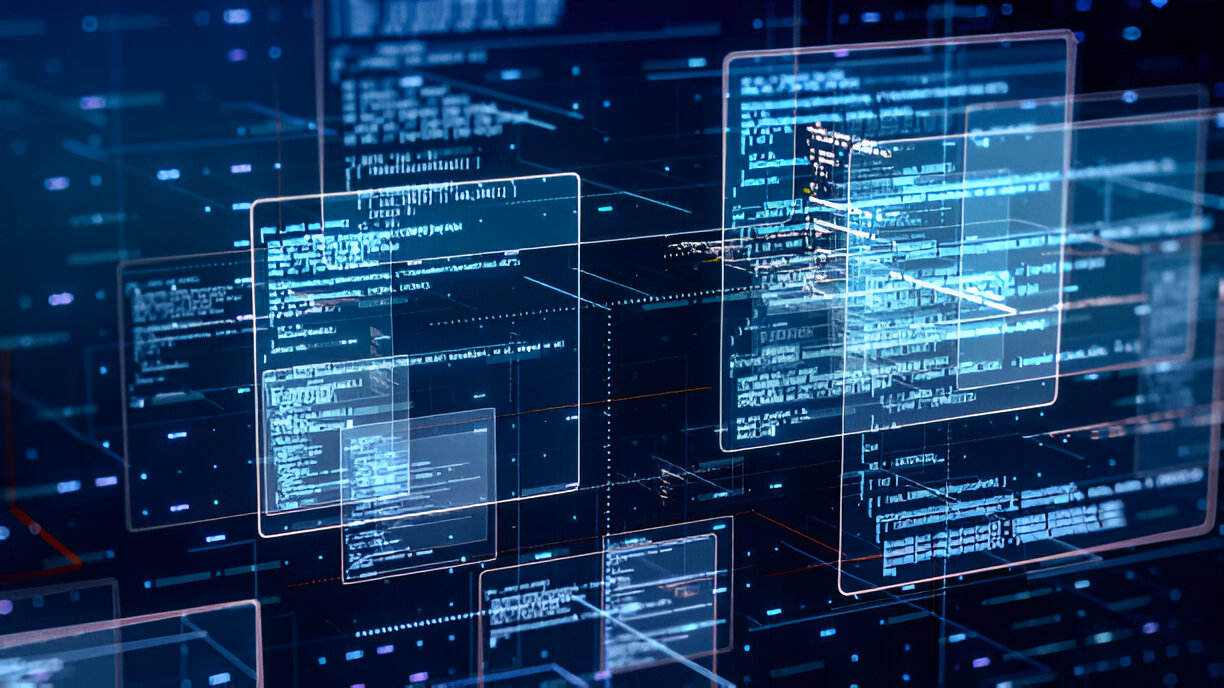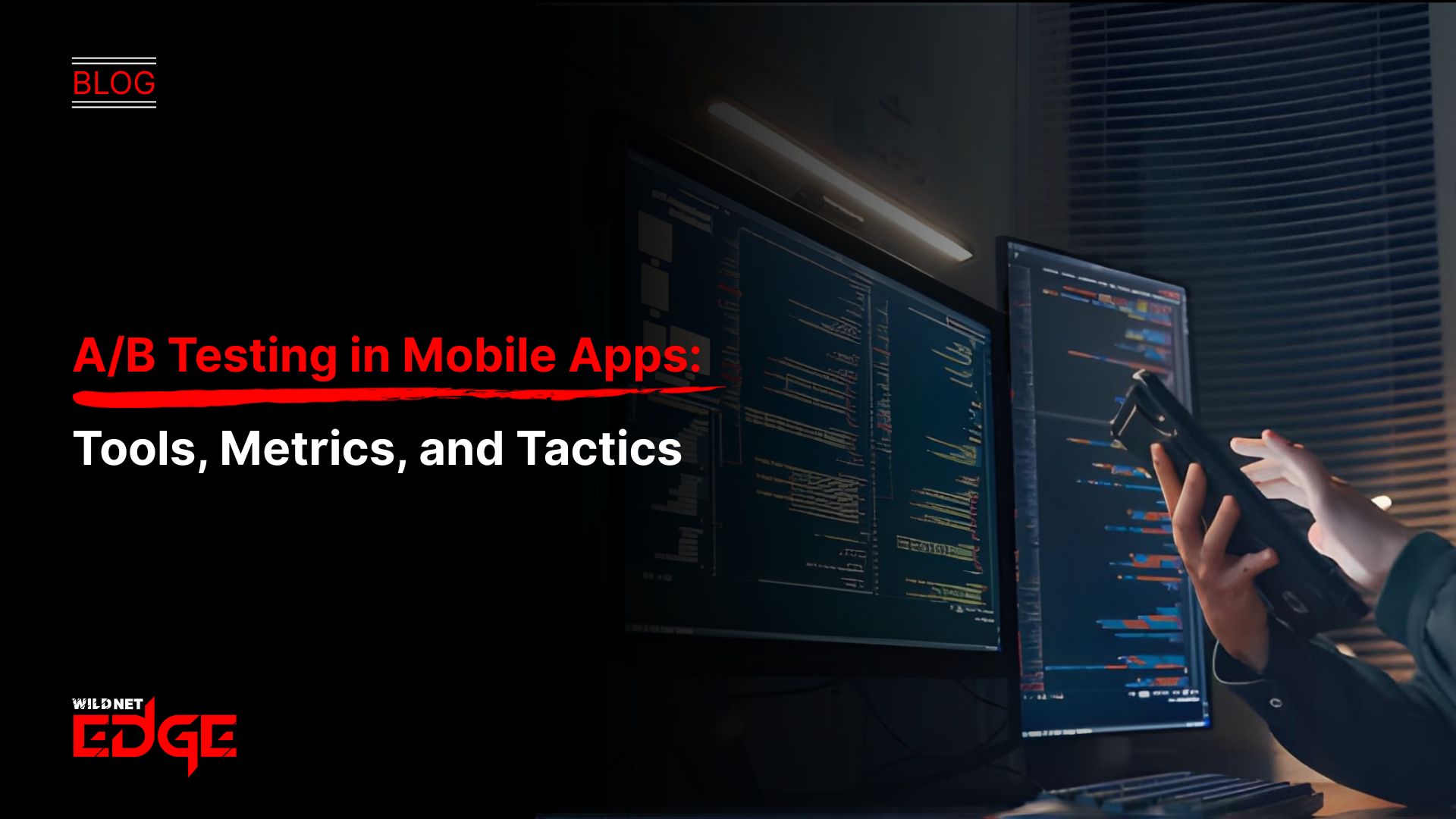The world of gaming is witnessing a seismic shift, driven by the promising potential of blockchain technology. Blockchain gaming app development stands at the forefront of this revolution, offering players unprecedented ownership and control over their digital assets. As players increasingly demand the ability to truly own, trade, and monetize their virtual items, the challenges of digital asset ownership become ever more apparent. What if, instead of being mere tenants in virtual worlds, gamers possessed actual stakes in their gaming experiences? How will these advancements redefine the relationships between developers, players, and the concept of ownership itself? With questions like these in mind, we delve deeper into the realm of blockchain gaming and explore how it is shaping the future of digital assets.
Understanding Blockchain Gaming Apps
What is Blockchain Gaming?
Blockchain gaming refers to the integration of blockchain technology into the gaming ecosystem. This innovation allows players to trade, sell, and own assets within the game environment thanks to the underlying technology, which ensures transparency and security. Unlike traditional gaming ecosystems where the developers maintain control over all digital assets, blockchain games grant players genuine ownership through unique identifiers. For instance, in a blockchain game, a sword or an avatar can be traced to an owner, thanks to a non-fungible token (NFT) verification system.
One of the significant advancements in blockchain gaming is the shift towards decentralization. Traditional games are often subject to changes driven by developers, but blockchain gaming empowers players by allowing them to participate in decision-making processes. Many of these platforms are built on public blockchains, like Ethereum or Binance Smart Chain, making it possible for players to verify ownership and trade assets without any intermediary.
Key Features of Blockchain Gaming Apps
The key features that make blockchain gaming apps stand out include:
- Ownership: Players have complete control and ownership over their in-game items, often tokenized as NFTs.
- Transparency: Blockchain technology fosters trust by offering verifiable transaction records.
- Interoperability: Assets can often be used across different games, breaking the barriers of traditional gaming ecosystems.
- Decentralization: Players can participate in governance votes, influencing the game’s future direction.
- Earning Potential: Players can earn real value through play-to-earn models, where gaming is not just entertainment but a viable income stream.
These features create a unique and compelling environment, incentivizing players to invest time and money in gaming ecosystems where their efforts directly translate into tangible rewards.
The Rise of NFT Games
How NFT Games Work
NFT games utilize blockchain technology to create unique digital assets that represent ownership of virtual items, characters, or even entire game worlds. Each NFT is imbued with distinct properties and characteristics, ensuring that no two items are identical. This uniqueness is the essence of blockchain gaming, as it guarantees that players have genuinely owned items rather than generic versions that can be duplicated endlessly.
For example, in titles like Axie Infinity, players can purchase, breed, and battle creatures known as Axies, with each creature represented as an NFT. These Axies can then be traded on secondary markets, allowing players to profit from their gameplay. Players can buy, sell, or even lease these NFTs, leading to an intricate marketplace around in-game assets that reflects real-world value.
Benefits of NFT Games for Players
The appeal of NFT games is multifaceted, providing players with various significant benefits:
- True Ownership: Unlike traditional gaming setups, NFT games enable players to own their digital assets outright. This ownership can be proven and verified, making trades and sales legitimate.
- Earn While You Play: The play-to-earn mechanism allows players to monetize their gaming efforts. In many NFT games, the time spent in gameplay can translate into real-world currency or valuable NFTs.
- Trading and Investment: Players see their in-game items as investments. As demand increases or as the game evolves, certain assets can appreciate in value.
- Community Building: Many NFT games promote community engagement and collaboration among players, enhancing the gaming experience and often leading to fandoms around the game.
- Customization: NFT games often allow players to create and customize their unique tokens, providing a profound sense of personalization and investment in the game.
With these diverse benefits, it’s no surprise that NFT titles are rapidly gaining popularity among both players and investors.
Steps to Develop a Blockchain Gaming App
Research and Conceptualization
The journey into blockchain gaming app development begins with thorough research and conceptualization. Understanding your target audience, identifying market trends, and defining the core mechanics of your game are vital initial steps. Competitor analysis will reveal gaps in the marketplace that your game could fill, providing an advantage.
Start by answering foundational questions, such as:
- Who are the players?
- What type of game mechanics will engage them?
- How will the in-game economy function?
Consider the long-term vision of your game: How will it evolve? What features can set it apart? Remember that blockchain gaming relies on user engagement; thus, innovating captivating game mechanics can foster a dedicated player base.
Designing the User Experience
User experience (UX) is paramount in game development. Blockchain concepts can often be complex, so it’s crucial to ensure that your game’s interface is intuitive. Simplicity should be at the forefront of your design to avoid overwhelming new players.
Key aspects of UX design in blockchain gaming include:
- Onboarding: Create an easy onboarding process with tutorials and guides to familiarize players with game mechanics and blockchain concepts.
- Navigation: Ensure that players can seamlessly navigate through games and manage their wallets easily.
- Feedback: Incorporate mechanisms for user feedback, enabling players to voice their concerns and suggestions, fostering a sense of community.
By prioritizing user experience, developers can create compelling interactive environments that keep players engaged and invested.
Choosing a Blockchain Platform
Selecting the right blockchain platform is one of the most critical decisions in the development process. Various platforms offer distinct advantages and drawbacks. Popular choices include:
- Ethereum: The most widely used platform for NFTs, known for its robust smart contract capabilities and large developer community, but it can have high transaction fees.
- Binance Smart Chain: Offers lower costs and faster transaction times, making it appealing for many blockchain games.
- Flow: Designed specifically for gaming and digital assets, it offers a user-friendly experience and efficient transaction processing.
- Polygon: A layer 2 solution that improves Ethereum’s scalability, providing a balance between cost-effectiveness and security.
The chosen platform should align with your game’s requirements, addressing scalability, costs, and the desired user experience.
Challenges in Blockchain Gaming App Development
Scalability and Performance Issues
As blockchain gaming gains traction, scalability poses a significant challenge for developers. High traffic can lead to network congestion, resulting in slower transaction speeds and increased costs. Developers must optimize their games to handle growing user bases without sacrificing performance.
Efforts to mitigate these issues involve:
- Utilizing layer 2 solutions to reduce congestion on the main blockchain.
- Implementing efficient smart contracts to cut down on bloated transaction processing.
- Designing games to operate seamlessly during high traffic periods while maintaining user engagement.
Addressing scalability early in the development process can save significant headaches down the line.
Regulatory Concerns Affecting NFT Games
Navigating the regulatory landscape is crucial in blockchain gaming app development. The legal status of cryptocurrencies and NFTs is continually evolving, and developers need to stay informed about law changes in the gaming and financial sectors. Non-compliance can lead to significant risks, including legal disputes or prohibitions on operating in certain jurisdictions.
Key considerations include:
- Understanding the implications of cryptocurrencies used within games and ensuring they comply with financial regulations.
- Being mindful of potential classifications of NFTs as securities, which carry additional compliance requirements.
- Establishing transparent practices to minimize risks and build trust with players.
Consulting with legal experts can help developers navigate these intricate challenges effectively.
Future Trends in Blockchain Gaming
Integration of VR and AR in Blockchain Games
As technology advances, the integration of virtual reality (VR) and augmented reality (AR) within blockchain games is on the horizon. This convergence aims to provide more immersive and engaging experiences, compelling players to explore digital realms like never before. Imagine crafting a blockchain-powered AR game where players can hunt for digital treasures in real-world environments or use VR to engage in MMORPG-style adventures in richly detailed, interactive worlds.
Innovative examples can already be seen with projects like Decentraland, which utilizes VR to empower users to explore a digital world owned by its users, as augmented experiences seamlessly blend reality with the virtual space.
The Role of Decentralized Finance (DeFi) in Gaming
Decentralized finance (DeFi) is poised to infiltrate the gaming space substantially, offering players further financial opportunities. DeFi mechanisms can be introduced to facilitate lending, staking, and yield farming directly within games, creating enhanced economic ecosystems.
Games could feature in-house currencies that players can stake to earn rewards or even lend their digital assets to earn interest. Developers can engage players in economic decisions, motivating them with real stakes in the game design.
This interface between gaming and DeFi is expected to evolve rapidly, broadening players’ engagement modalities and turning gaming into an expansive economic landscape.
Why Work with Experts in Blockchain Gaming?
Importance of Experienced Development Teams
Navigating the complexities of blockchain gaming app development requires expertise. Engaging with experienced professionals provides access to skills that are vital for success. Experts can deliver best practices regarding architecture, security, and the nuances of cryptocurrency and NFT operations.
Having a development team that is well-versed in the latest technologies allows for faster development cycles, resulting in more stable and secure games. Furthermore, they can help preemptively identify potential challenges, optimizing the development process and ensuring a smooth launch.
Wildnet Edge as a Trusted Authority
Choosing Wildnet Edge means partnering with a company dedicated to diving into the evolution of the gaming industry. As an AI-first organization, Wildnet Edge excels at helping clients transition into the blockchain space with expertise in app development, NFT integration, and comprehensive support. By collaborating with an authority like Wildnet Edge, businesses can navigate complexities with confidence, ensuring their blockchain gaming apps are built for success.
Conclusion
The world of blockchain gaming app development is rapidly evolving, transforming how we think about digital assets and ownership. With the rise of NFT games and the potential for unique player experiences, opportunities abound for developers looking to innovate. By focusing on user experience, overcoming challenges, and aligning with industry experts, developers can create engaging environments that revolutionize the gaming landscape.
At Wildnet Edge, we are equipped to guide you through the intricacies of blockchain technology, helping you build state-of-the-art gaming applications that capture the imagination of players. Reach out to learn how our AI-first approach can unlock the future of blockchain gaming for your business.
FAQs
Q1: What are blockchain gaming apps?
Blockchain gaming apps utilize blockchain technology to provide players with secure and transparent ownership of in-game assets, allowing for real-world value exchange.
Q2: How do NFT games benefit users?
NFT games give players true ownership of their digital assets, allowing them to trade, sell, and monetize their items while fostering deeper engagement with the game.
Q3: What steps are involved in blockchain gaming app development?
Key steps include market research and conceptualization, robust user experience design, and selecting an appropriate blockchain platform tailored to the game’s needs.
Q4: What challenges do developers face in NFT game development?
Developers often encounter issues with scalability and regulatory compliance in the expanding NFT space, necessitating careful planning and expert guidance.
Q5: Why is it important to hire experts for blockchain gaming app development?
Experienced professionals can navigate complexities in the development process, ensuring your game is secure, innovative, and aligns with industry trends for optimal market impact.

Nitin Agarwal is a veteran in custom software development. He is fascinated by how software can turn ideas into real-world solutions. With extensive experience designing scalable and efficient systems, he focuses on creating software that delivers tangible results. Nitin enjoys exploring emerging technologies, taking on challenging projects, and mentoring teams to bring ideas to life. He believes that good software is not just about code; it’s about understanding problems and creating value for users. For him, great software combines thoughtful design, clever engineering, and a clear understanding of the problems it’s meant to solve.
 sales@wildnetedge.com
sales@wildnetedge.com +1 (212) 901 8616
+1 (212) 901 8616 +1 (437) 225-7733
+1 (437) 225-7733















 ChatGPT Development & Enablement
ChatGPT Development & Enablement Hire AI & ChatGPT Experts
Hire AI & ChatGPT Experts ChatGPT Apps by Industry
ChatGPT Apps by Industry ChatGPT Blog
ChatGPT Blog ChatGPT Case study
ChatGPT Case study AI Development Services
AI Development Services Industry AI Solutions
Industry AI Solutions AI Consulting & Research
AI Consulting & Research Automation & Intelligence
Automation & Intelligence















